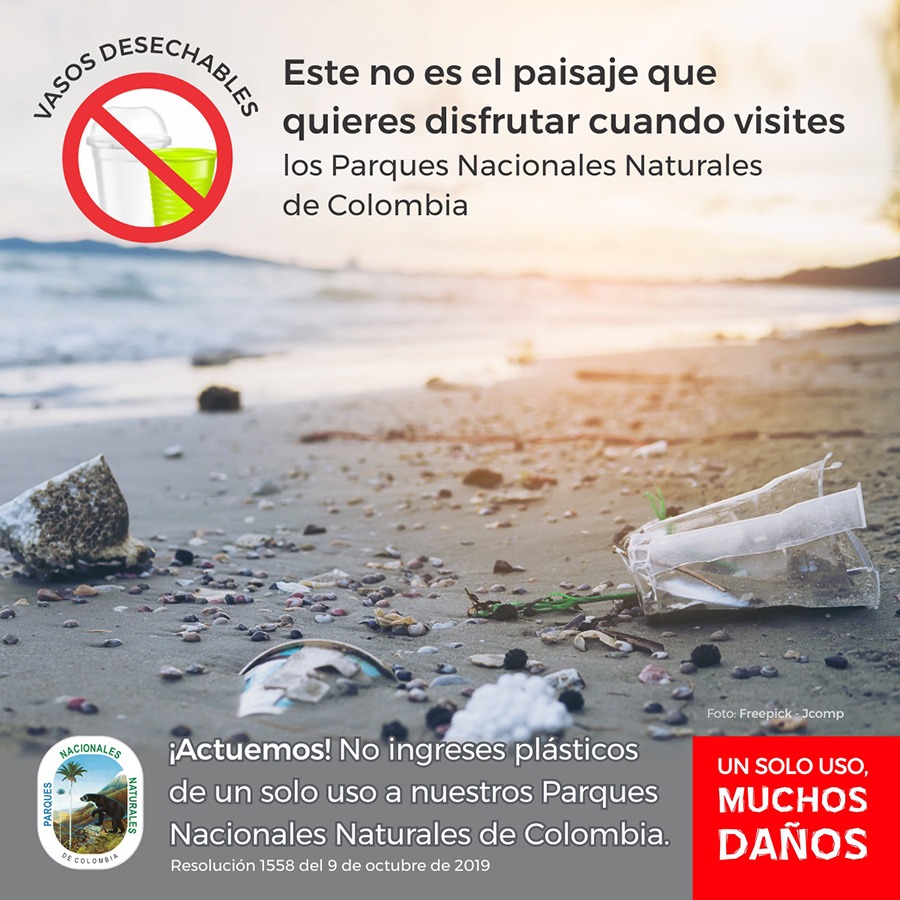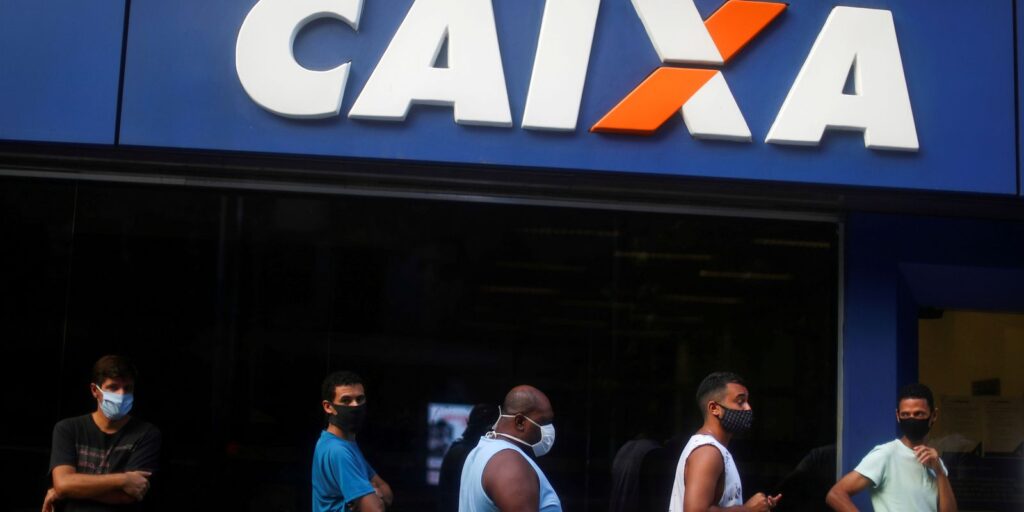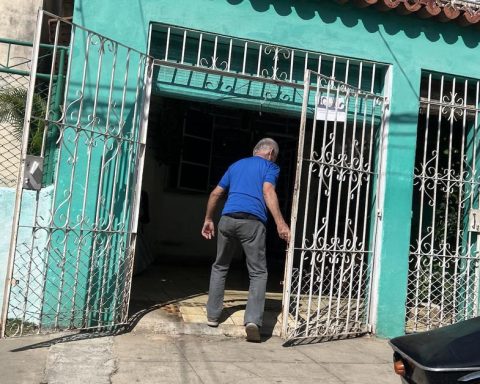How much can the price of a toothpaste drop if suddenly all the regulations are adapted? How much if we really become part of a common market where merchandise passes from one place to another? And if it is already registered in one country automatically, can it be registered in another? doWhat if merchants, of whatever size they are, have the absolute freedom to leave and cross the border? The important thing here is to lower the cost of living for people for what they consume. That cost of living, only, in my opinion, will go down the moment there is real freedom”assured the CEO of the Ta-Ta supermarket chain, Christopher Jones.
In an after office about inflation and pricesorganized by the Center for Development Studies (CED) this Thursday, the executive focused much of his presentation on the bureaucracy that they must overcome local importers and producers to market new products in the local market. Jones said that in Uruguay there is a “disease” that he defined as “a sum of outdated and unadapted regulations” that are “the enemy of the consumer.” And he stated that the price that all consumers end up paying “It is the frustration of the producer or some importer who wants to enter to import something that enters to compete” and they can’t do it.
Nicholas Garrido
The toothpaste exercise
A recurrent example that usually gets into discussions about the level of prices in Uruguay, is the difference between the price at which toothpaste is sold in local stores and the price at which it is sold in towns near the border. with Brazil or Argentina.
Jones said that a few years ago he went online to see how much Carrefour was selling that product and how much they were selling it to him. “They sold it to me 50% more expensive than it was in that supermarket (in Concordia). (…) So, I had the pleasure of sitting down with the sales manager of that company (supplier) and I told him: – ‘Master, explain to me why? -No, the Uruguayan cost’, was the answer. “The poor guy lost two days to cross the bridge. Those of us who normally cross know, the trucks are pulled by bureaucracy from both sides. Mercosur has as common market what I have as Czechoslovakian, absolutely nothing”, he pointed out.
Approximately 75% of the products sold in supermarkets are manufactured outside of Uruguay. In addition, in world supermarkets, 20% of suppliers make 80% of the sales of this type of business, as he explained. For Jones, “something extremely interesting” in the case of Uruguay is that in the main product categories there are suppliers that have a share (participation) greater than 87%. “From 87% to 95% of the products is a character that the last time he produced something in Uruguay was about 40 years ago,” he said.
The customs officer, the bureaucracy and Tristán Narvaja
In another part of the talk, the executive raised the hypothetical example of someone who decides to set up a warehouse in Tacuarembó and wants to stock up on merchandise in Argentine towns near Salto or Paysandú. “We fill the van with merchandise at the bowling alley and we arrive at Customs to pay. The customs officer tells you: ‘Freak, certificate of origin?’ The certificate of origin is a piece of paper invented by the bureaucrats who invented Mercosur. What does this mean? What is an extrazone product. It says made in Argentina and you have to pay 30% because it is as if you were bringing it from China. Pumbaa! I put 30%, plus 22% (VAT). We started 52% up, but we are still going to earn money because if we sell it with a 30% margin, we are going to sell it at least 20% or 25% cheaper than what is in the local market”Jones stated.
Once the paperwork has been completed, that merchant manages to cross and begins to sell deodorant, toothpaste and food in Uruguay, but someone denounces him for selling merchandise that is not properly licensed. That implies that he has to go to register the merchandise. Jones pointed out that if it is a hygiene product, you have to go to the Ministry of Public Health.
“No one lost their teeth using the same toothpaste that is sold in Chuy, in Tristán Navaja or in a supermarket. (…) I went to Tristán Navaja and bought toothpaste. In my office I have toothpaste, shampoo… I invite you to Tristán Narvaja on Sunday. They have a spectacular assortment at spectacular prices. I tell you that I am a supermarket owner, ”said Jones.
He immediately brought up another example. “Yesterday I was talking to a character who wanted to bring shaving foam. At month number 11 she gave up, despite the fact that the original provider gave her absolutely all the monographs to present. It was a new brand that the guy was bringing, but she gave up. The supplier told him: -‘And teacher, when do you order me? -No, I’m with the public health guys.”
The oil tariff
ANDhe price of oil also slipped into part of the talk. The executive said that the company that has 90% of the market “has a protective tariff of 16%”. “An importer could go through all the red tape and bring oil 16% cheaper than what they sell here, where the only thing they are doing is bringing it crude from the other side of the border to pass it through a filter and put it in a bottle. If that’s an open economy, I’m a Czechoslovakian.” insisted.
Honey from Flores and the “anti-bureaucracy team”
The CEO of Ta-Ta also referred to the bureaucracy faced by Uruguayan producers. By way of example, he said that a honey producer from Flores can market in his department, but if he wants to do it in other parts of the country, only the authorization granted by the Montevideo administration will do.
“You come to Montevideo, you go to jail, you cannot sell honey from Flores by right. (…) And I invite you to register a product with the Montevideo administration. Today we are with delays of 120 days in own brand products produced in Uruguay. There are 120 days to have a piece of paper”, questioned Jones. 23% of what his company sells is its own brands, and according to the executive, it is due to the work of “an anti-bureaucracy team” with lawyers, managers and “people who follow procedures” in your company.

















